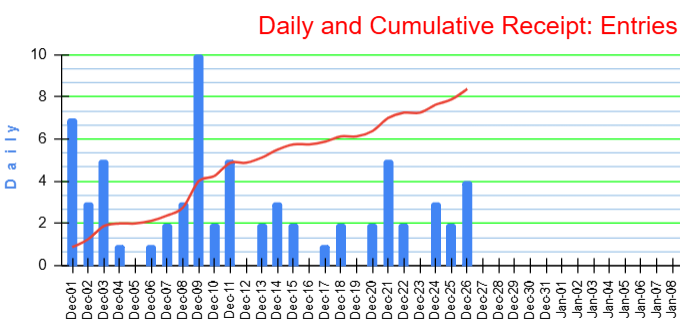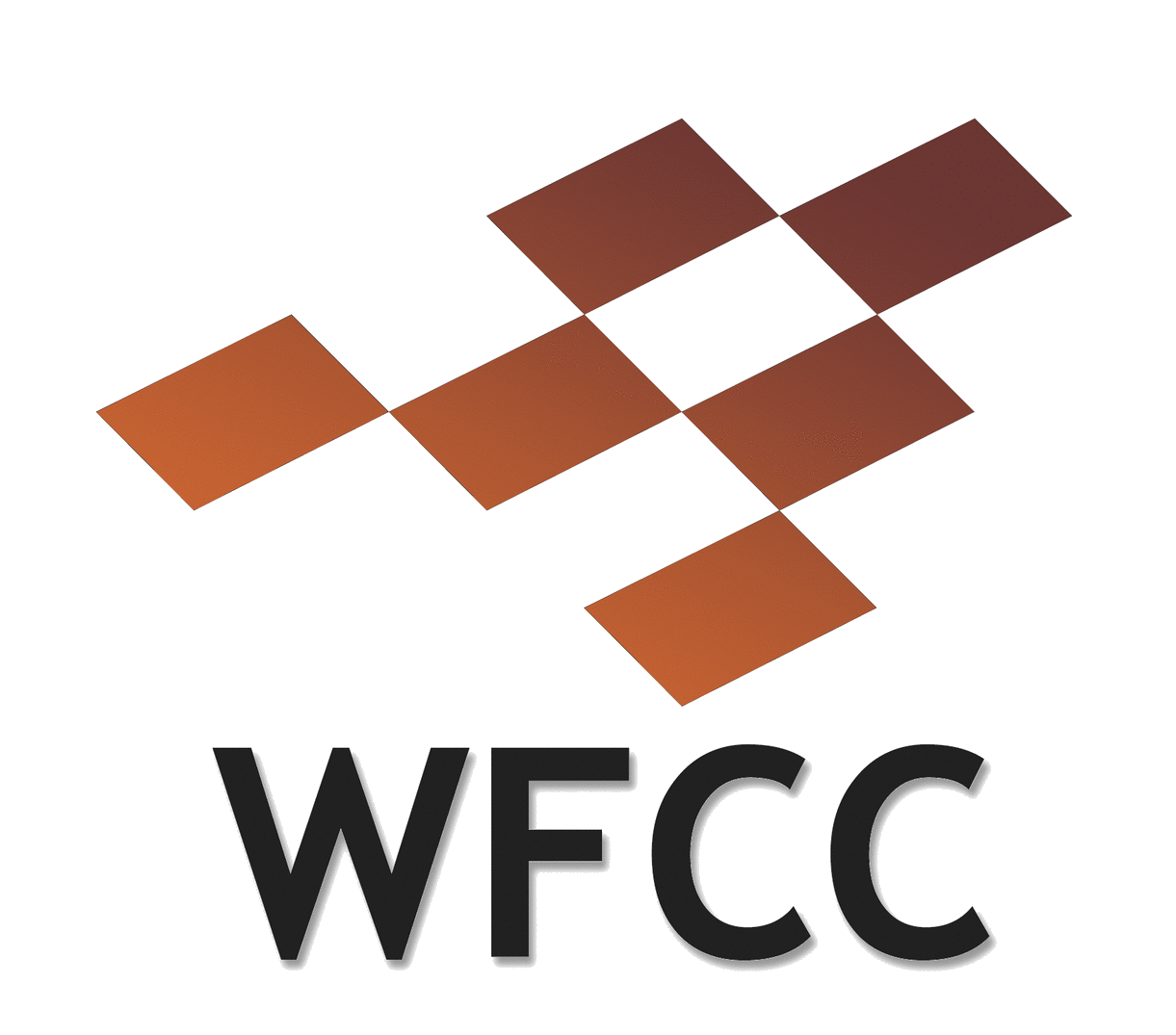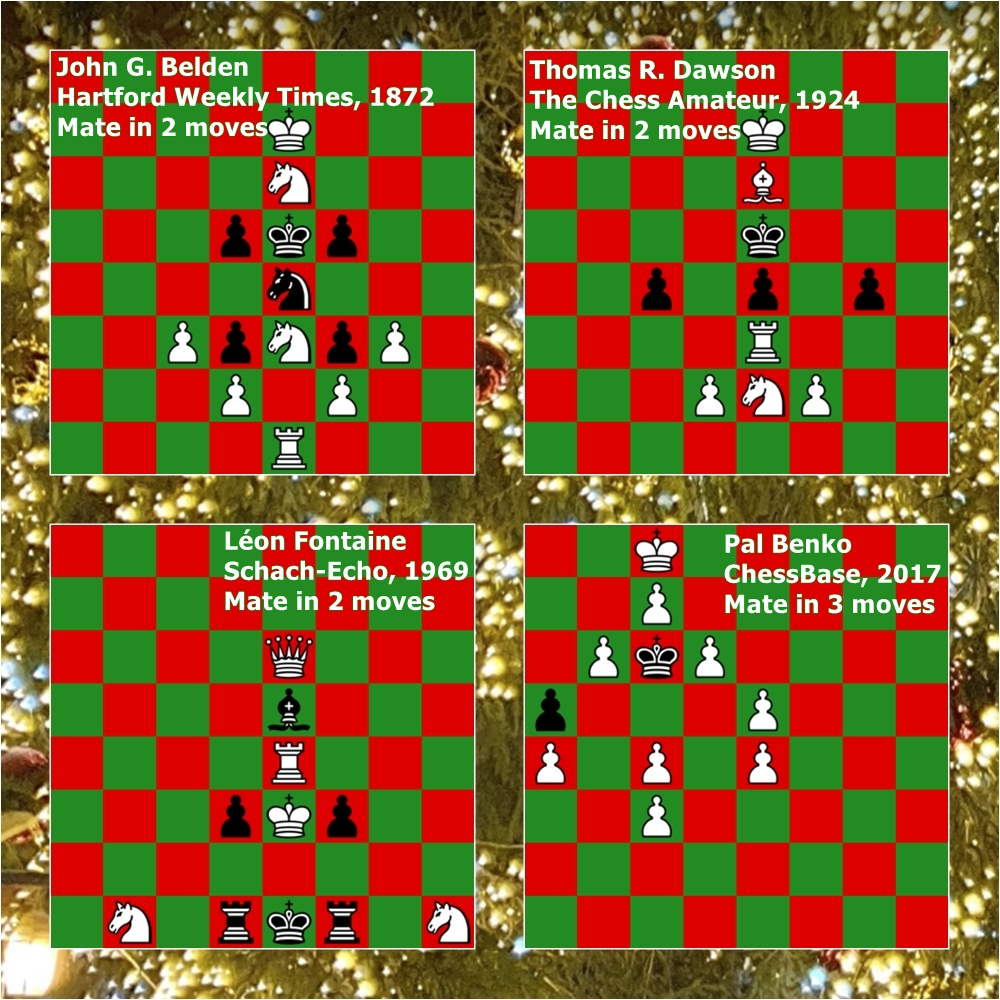The year behind was crowded with official composing and solving events, thanks to the judges and organizers who worked hard in 2022.
January brought 18th International Solving Contest, another successful edition run by ever passionate Axel Steinbrink.
In March, the Solving Committee has made another step forward, introducing the very informative Solving Portal on our website.
May was the month of 15th European Chess Solving Championship, and Julia Vysotska created and exceptionally friendly atmosphere in Riga to attract solvers to the first ECSC since 2019.
Results of the two longest lasting composing events were completed between August and October. First, Valery Kopyl finalized the 8th World Championship in Composing for Individuals 2019-21, in spite of the most difficult circumstances in his country.
The other hard task was fulfilled by our long standing President Harry Fougiaxis, who took over the duty of the 11th World Chess Composing Tournament director.
During the summer, awards of the 10th FIDE World Cup in Composing were appearing one by one. In October, the director Aleksey Oganesyan ended his job and announced the final results.
World Solving Cup 2021/22, under the firm control of Roland Ott, lasted throughout the year, using the organizing resources of 13 different countries.
The final stage of the WSC was in Fujairah. In November, the United Arab Emirates hosted the 64th World Congress of Chess Composition. The first ever WCCC in Arabian Peninsula was an outstanding event in many ways. Dr. Abdulla Ali Aal Barket assured the memorable conditions for promotion of chess composition, and Mohammad Abdul Ghani was there to execute every single task.
The director of the 45th World Chess Solving Championship was the same as for the 15th ECSC. It was a challenging double task, unmistakably executed by Ivan Denkovski.
Let’s turn to 2023!
The red dates in our calendars will be 29th January (19th ISC), 2nd-4th June (16th ECSC in Bratislava) and 2nd-9th September (65th WCCC in Batumi).
Apart from regular competitions, we will have a joint duty to come closer to a much wider audience. The first steps in this direction were made a week ago, registering the WFCC in different social media (YouTube, Facebook, Twitter, LinkedIn, Instagram), with some introductory posts for each of them.
To find our stable place there we need more contributors from different countries, to “feed” the media with short but attractive and frequent posts. Some longer posts, for instance from national championships, may appear on the FIDE website, as announced by their Marketing and Communications Officer David Llada.
It’s perhaps time to recall words by our Honorary President Dr. Klaus Wenda, dedicated to the Golden Jubilee of our organization, in 2007:
There is no doubt that the status of the contemplative occupation of chess problems among the young is lower nowadays; that is confirmed by an alarming lack of young problemists in virtually all the member countries. It only makes the task of the commission more important, though: creating new incentives and new ways to arouse interest in chess composition. I know that there is no easy answer, but the important thing, in accordance with Herakleitos’s dictum, is to recognise new trends quickly and react to them appropriately.
Happy, healthy, and peaceful 2023!
Marjan Kovačević
WFCC President










 WCCI 2019-21 attracted a bit more than 250 composers with 2600+ compositions. Participants should check the list of entries on the
WCCI 2019-21 attracted a bit more than 250 composers with 2600+ compositions. Participants should check the list of entries on the